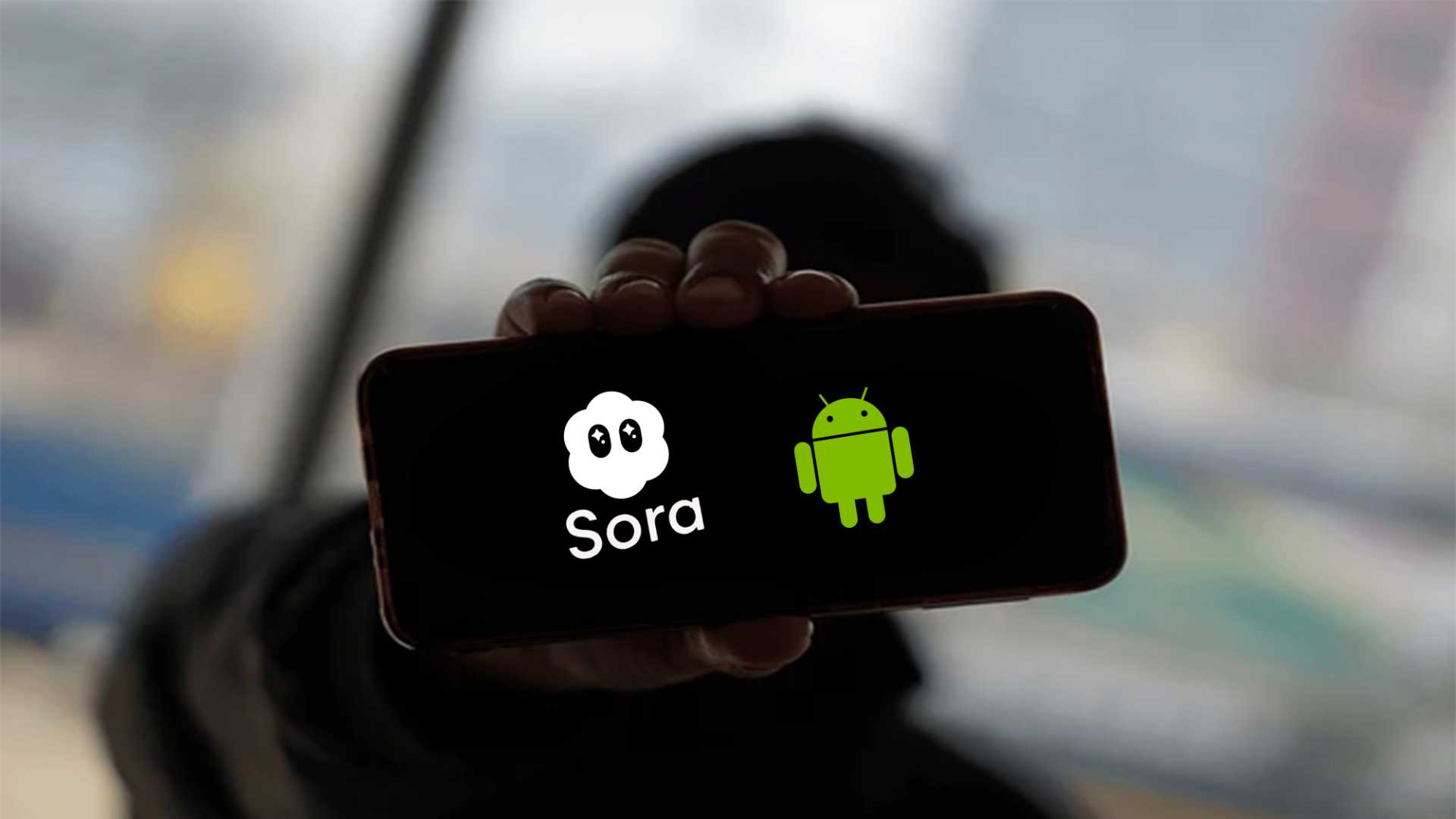

Sora made its debut on Apple’s App Store in September and quickly crossed the one-million-download mark, reflecting growing curiosity about AI-driven video creation.
The new Android version mirrors the iOS experience and includes features such as Cameos, which lets users create short clips starring digital versions of themselves or others using consent-based likeness generation.
OpenAI’s expansion into new Asian markets goes beyond user acquisition; it tests the app’s ability to resonate across different cultures, a crucial step in positioning Sora as a global platform.
While the feature set remains consistent, early Android users report smoother rendering for shorter clips and enhanced frame realism, likely due to model optimizations. OpenAI has also reinforced moderation filters after feedback from the initial release, restricting sensitive or historically controversial likeness generation.
The company has not introduced monetization or paid tiers yet, suggesting that the focus remains on improving user experience and content safety before moving toward commercialization.
Early social media feedback shows growing enthusiasm among creators and users exploring AI-generated storytelling through Sora. The trend builds on the strong response to its initial launch on iOS, where OpenAI first introduced AI-driven video creation to mainstream audiences.
Strong creator adoption: Early adopters are experimenting with Sora to produce narrative-style clips, praising its simplicity and fast rendering.
Positive usability feedback: The interface and motion realism are being recognized as genuine creative tools rather than novelty features.
Sustained engagement potential: If user activity continues beyond initial hype, Sora could define a new social video category built around generative interaction.
Sora’s Android rollout signals a shift in OpenAI’s consumer strategy. The app is evolving from an experimental showcase to a scalable content platform competing with TikTok, YouTube Shorts, and Instagram Reels.
The next few months will determine whether OpenAI can maintain both creative momentum and responsible moderation as user numbers grow. If successful, Sora could establish itself as the first mainstream AI-powered video network built around user creativity rather than algorithmic virality.